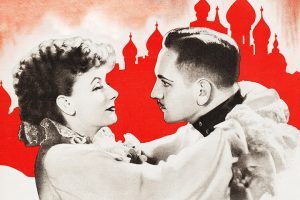Howard Jacobson at the TLS:
 To read a novel by D. H. Lawrence is to acquire – not always without resistance – a language of the feelings that is new to us: words we thought we knew well already are made to work in unexpected ways, locating places in the human heart we didn’t know existed, even changing what we understand by human nature. What else, we now ask, were those words ever for? To read Henry James is to inhabit an unaccustomed grammar of thought. Some readers find James’s style tortuous; but those snaking parentheses sharpen our wits; without them we will not keep up with the moral quandaries and vacillations of his characters. They are markers, not just of our penetration, but of our emotional largesse. We are inclined to believe it’s the characters in a novel that extend our sympathies. “We are all of us born in moral stupidity”, George Eliot tells us, whereupon, chastened, we practise acts of reflective empathy on Mr Casaubon. But it is truer to say that it is first of all a novel’s language – its syntactical orchestration of our thinking and feeling faculties – that enables us to go where George Eliot wants us to go, to conceive another person’s equivalence of self with what she rather wonderfully calls “that distinctness which is no longer reflection but feeling”.
To read a novel by D. H. Lawrence is to acquire – not always without resistance – a language of the feelings that is new to us: words we thought we knew well already are made to work in unexpected ways, locating places in the human heart we didn’t know existed, even changing what we understand by human nature. What else, we now ask, were those words ever for? To read Henry James is to inhabit an unaccustomed grammar of thought. Some readers find James’s style tortuous; but those snaking parentheses sharpen our wits; without them we will not keep up with the moral quandaries and vacillations of his characters. They are markers, not just of our penetration, but of our emotional largesse. We are inclined to believe it’s the characters in a novel that extend our sympathies. “We are all of us born in moral stupidity”, George Eliot tells us, whereupon, chastened, we practise acts of reflective empathy on Mr Casaubon. But it is truer to say that it is first of all a novel’s language – its syntactical orchestration of our thinking and feeling faculties – that enables us to go where George Eliot wants us to go, to conceive another person’s equivalence of self with what she rather wonderfully calls “that distinctness which is no longer reflection but feeling”.
It’s good for us, morally – it makes us larger of mind – to see how well Tony Soprano loves his family while he’s wiping out other people’s. But we don’t feel his breath on our neck as we do that of the half-dead murderer Meursault in Camus’s The Stranger.
more here.
